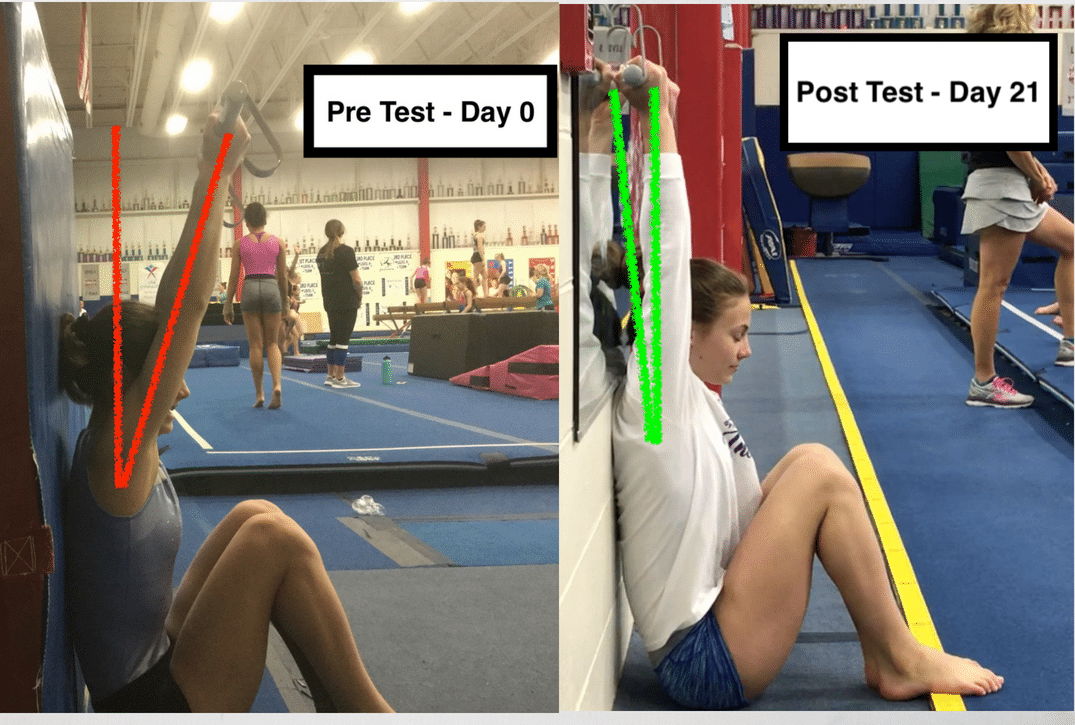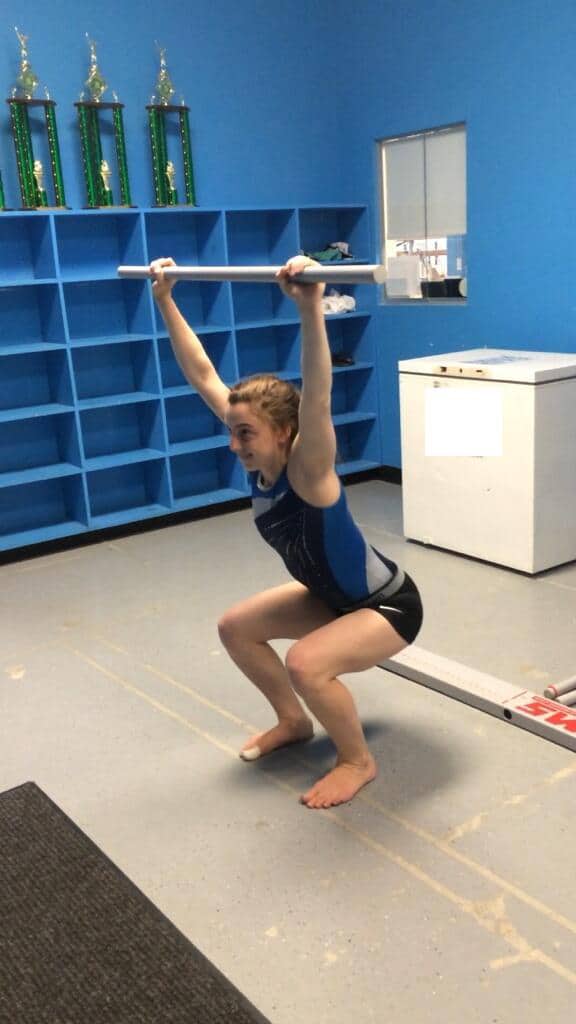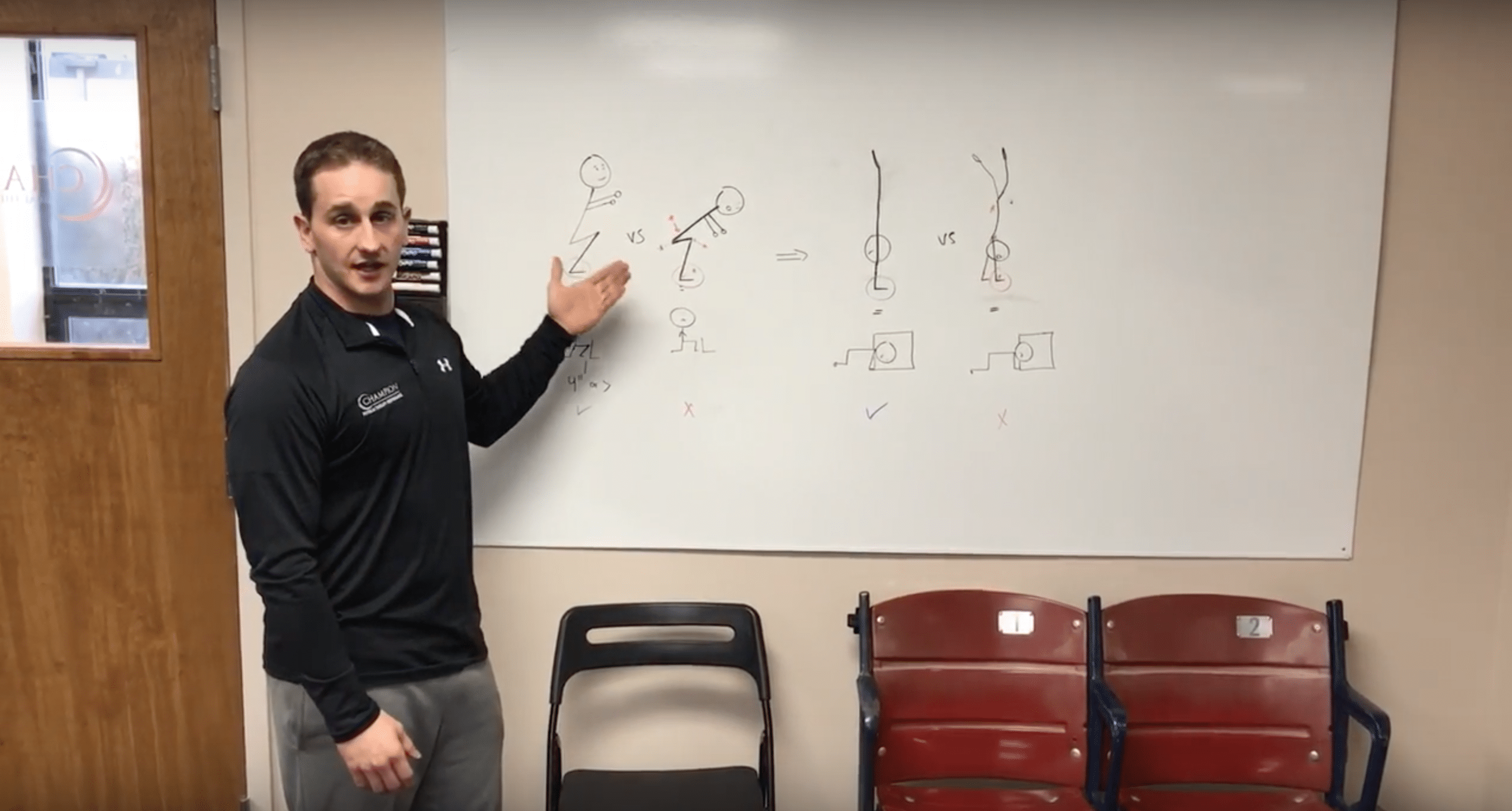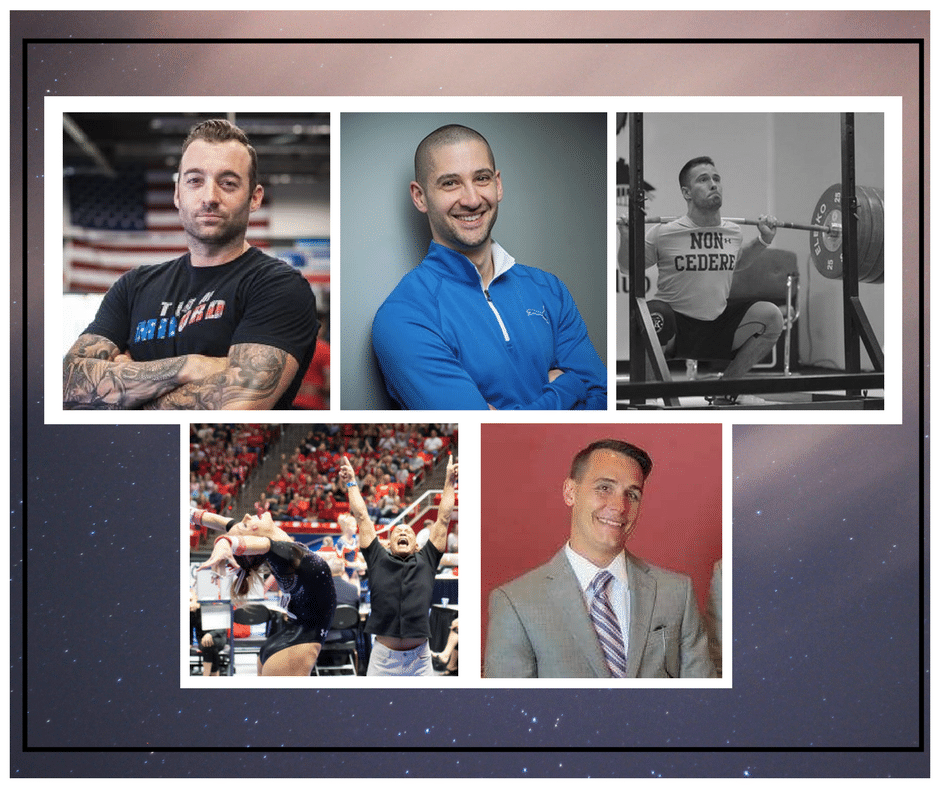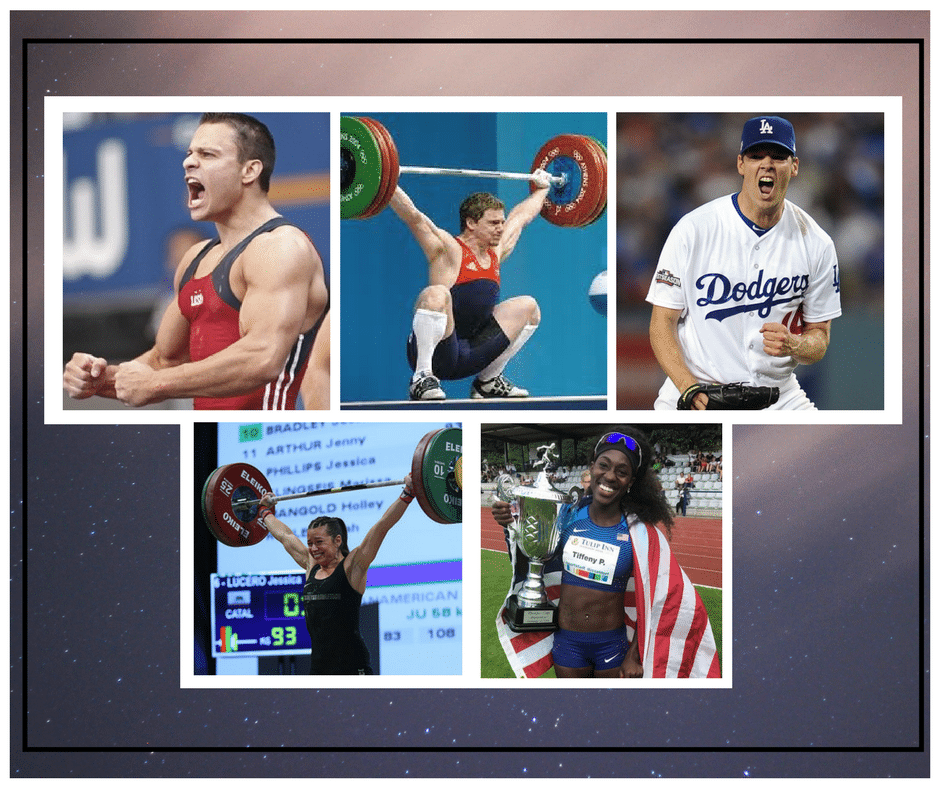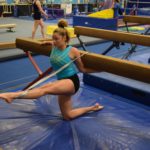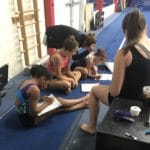Concussion Tools for Gymnastics Coaches, Parents, and Medical Providers
I spent the last 4 days in Washington D.C. taking an Emergency Medicine Response course as part of my upcoming Sports PT boards (don’t worry I passed). One area of injuries we spent a long time discussing and practicing was spinal/neck injuries and concussions. Concussions are brain injuries that result when a blow or fall occurs, and the brain is damaged via the force of contact with the inside of the skull. They vary in their severity and represent a “functional” brain injury rather than a purely structural issue, and must be taken seriously by coaches. With this in mind, I wanted to share a few resources for concussion screening coaches and healthcare providers can utilize.
The Sport Concussion Assessment Tool (SCAT) is a very helpful tool for screening concussions, an has been created by some of the top experts in the world studying concussions. It’s on the third revision based off of the Zurich guidelines, hence the 3, and will likely go into a revision upon the next international meeting to produce the SCAT4. With this in mind, I wanted to share a few resources for concussion screening coaches and healthcare providers can utilize.
- The “Pocket Concussion Recognition Tool” is oriented as a quick screen for more non medical providers like coaches can use. I think this is crucial for all gymnastics coaches to be familiar with, and have on hand should someone fall or hit their head during training. You can find it here – Pocket Concussion Recognition Tool
- The more in depth medical SCAT3 tool that is to be used by medical providers is also available. For children, a slightly different version is recommended. You can find the Child-SCAT3 used for ages 5-12 here – “Sport Concussion Assessment Tool for children“
- Those over the age of 12 can utilize the regular SCAT3 can be found here – Sport Concussion Assessment Tool – 3rd edition
Unfortunately in sports like gymnastics and many others they are under diagnosed and breezed over by a lot of coaches. I have seen first hand gymnasts who “just got their bell rung” according to coaches and were cleared to continue training/competing, when in reality they should not have been allowed to continue. To be very clear, any gymnast who has a head or neck injury of any form should not be returning to gymnastics until they are cleared by an appropriate medical provider.
If not recognized and managed appropriately with a medical and rehabilitative tracks, big issues can come up. Just like you would need to diagnose, rest, manage, and rehabilitate a bad ankle sprain the same process has to happen for the brain following a concussion.


